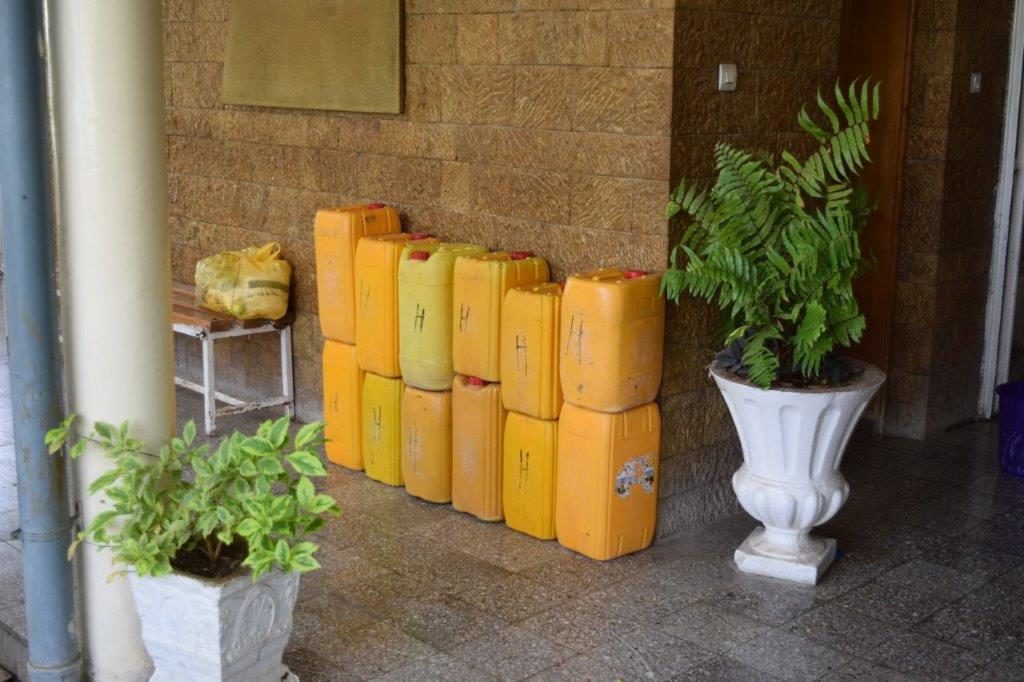
Water to Thrive founder Dick Moeller is using our Tenth Anniversary Trip to Ethiopia to visit water projects from our decade of service and to strengthen the partnerships that will carry us into a sustainable future. This is his report from a relatively new project, a unique and much-needed partnership to assist the Hamlin Fistula Hospital with their water and sanitation needs.
“First thing Tuesday morning we head to the hospital to meet with the Director, Dr. Meklaku. The first thing we notice is the stack of jerry cans full of water at the front door. Because the city water is both unreliable and very ‘hard’ they cannot use it for surgery and patient consumption. Thus they have to bring water to the clinic each day from another location in the city that has their own water source and a sophisticated filtering system.
“This hospital is a regional specialty center for treating fistula, prolapse and difficult birthing cases. Patients come from the surrounding clinics and as far away as 100 miles. The hospital will perform 40-60 surgeries a month. A typical patient is at the hospital for about 30 days of recovery.
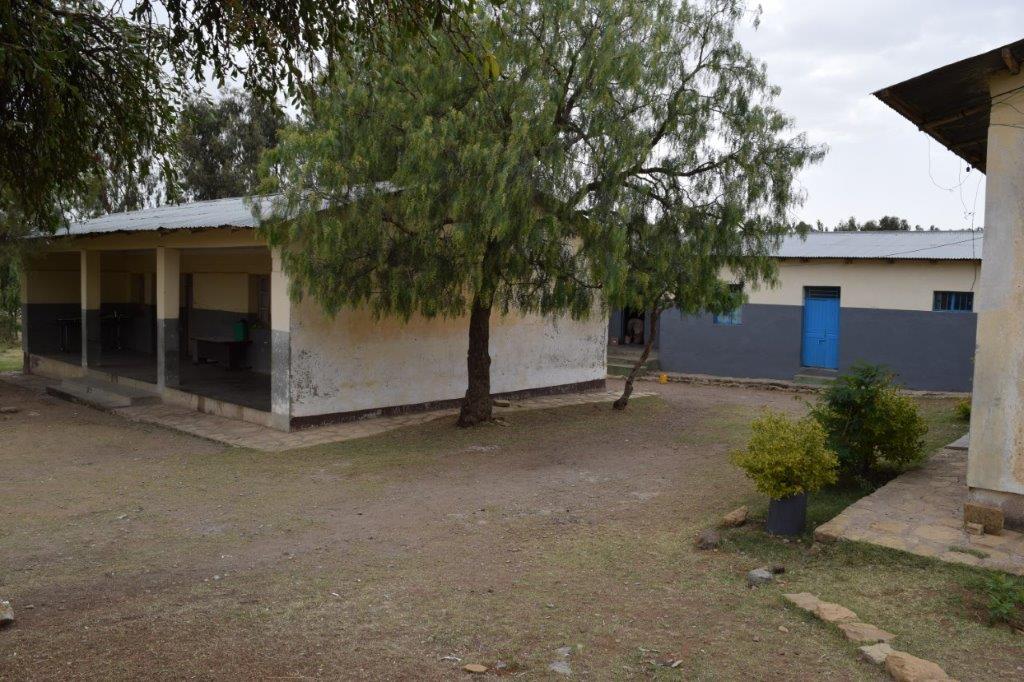
This is the Dongolat Health Clinic, which is one of many “feeder” clinics to the Hamlin Fistula Hospital
“To solve the water security issue for the hospital, in conjunction with REST, we will be implementing a deep borehole on the property of the hospital. The project is underway and the test borehole has been completed to determine the adequate supply of water and to test the water source for any issues. The test results are in from the test borehole, and plenty of water was found at about 350 feet deep with a flow rate of 3 liters per second. However, the test results show concentration levels of several minerals that will require that a filtration system to be added to the borehole design. The actual drilling of the production borehole will start shortly.
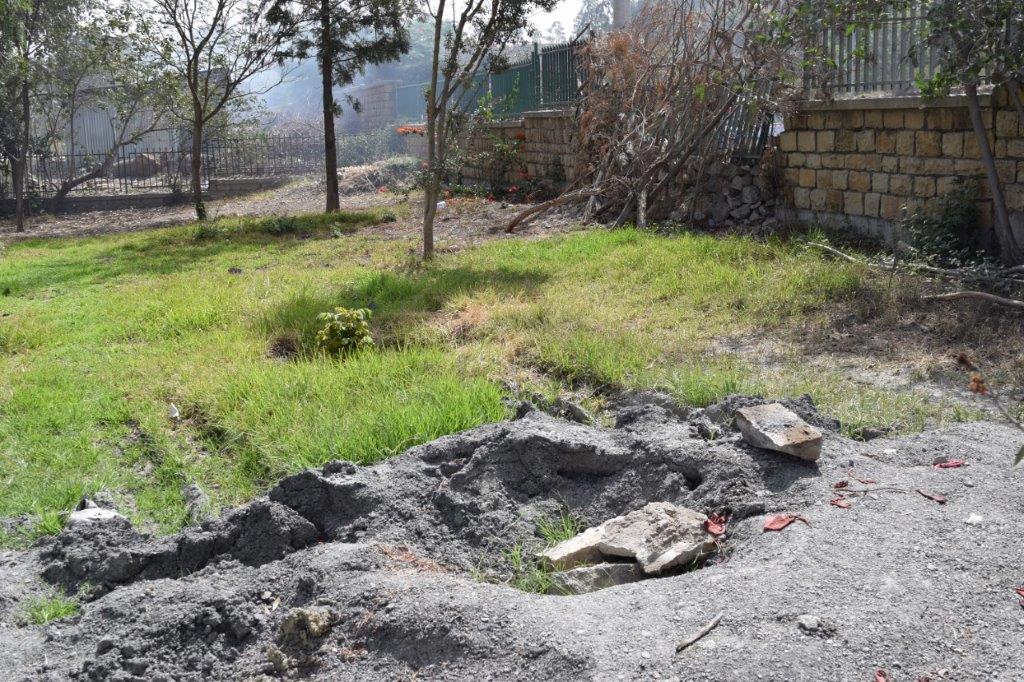
Test borehole site at the Hamlin Fistula Hospital
“In the afternoon, we visited two of the nearby ‘feeder’ clinics that will be part of the water security plan. These clinics typically handle 30 to 60 births per month. They are staffed by midwives that have been trained at the Hamlin Fistula facilities. Neither of the two clinics have clean water available in the delivery rooms, so the water is brought in by jerry can. This project includes creating a water security plan for each of the ten clinics to insure the daily availability of clean water in the delivery room and for the patients. The circumstances are unique at each clinic, so the project is conducting an on-site assessment and recommended design for each clinic.
“Our day concluded with a working dinner meeting with all the stakeholders, the hospital staff, regional health bureau, Hamlin USA, REST and W2T, to work on the priorities and plans for the coming months.”
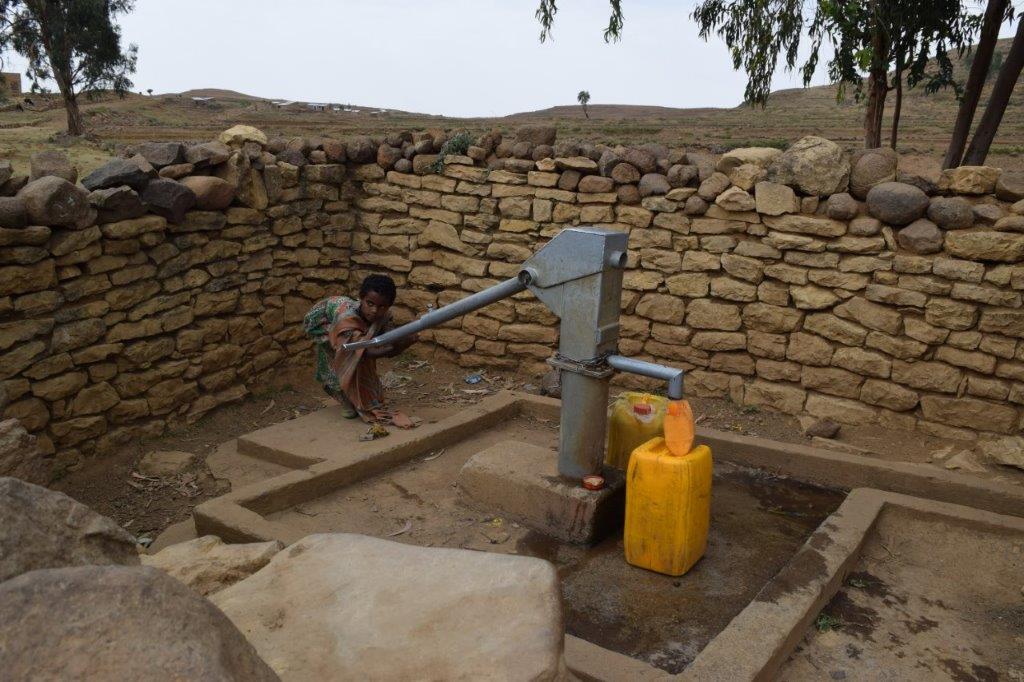
Water source at Dongolat

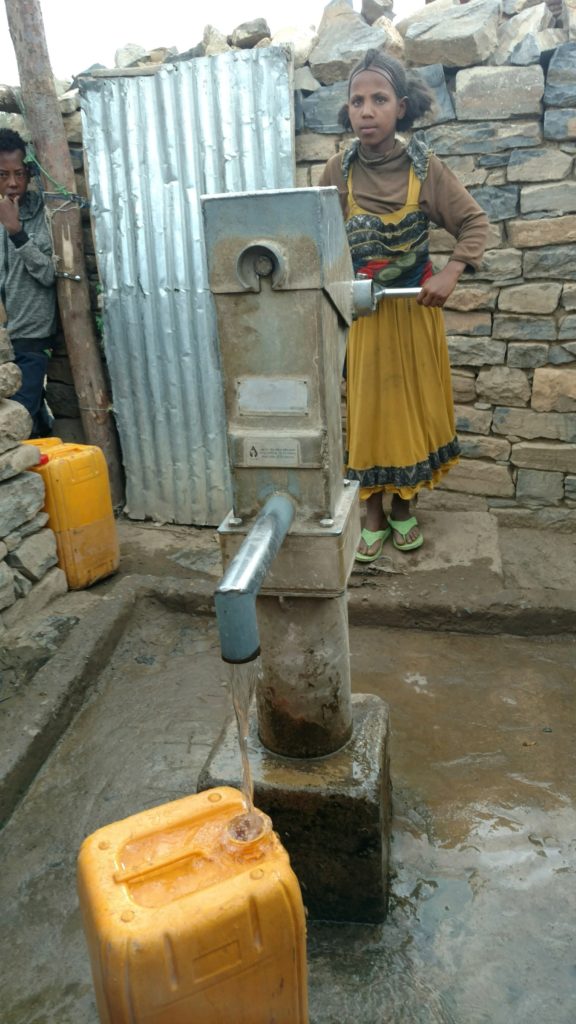
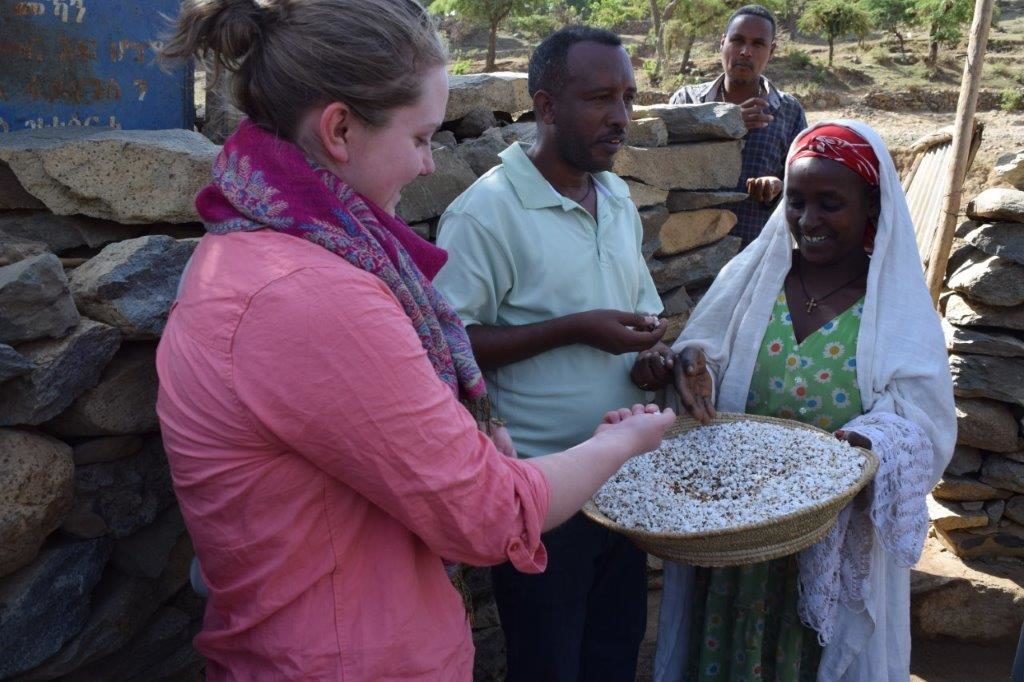
About The Author: Water to Thrive
More posts by Water to Thrive